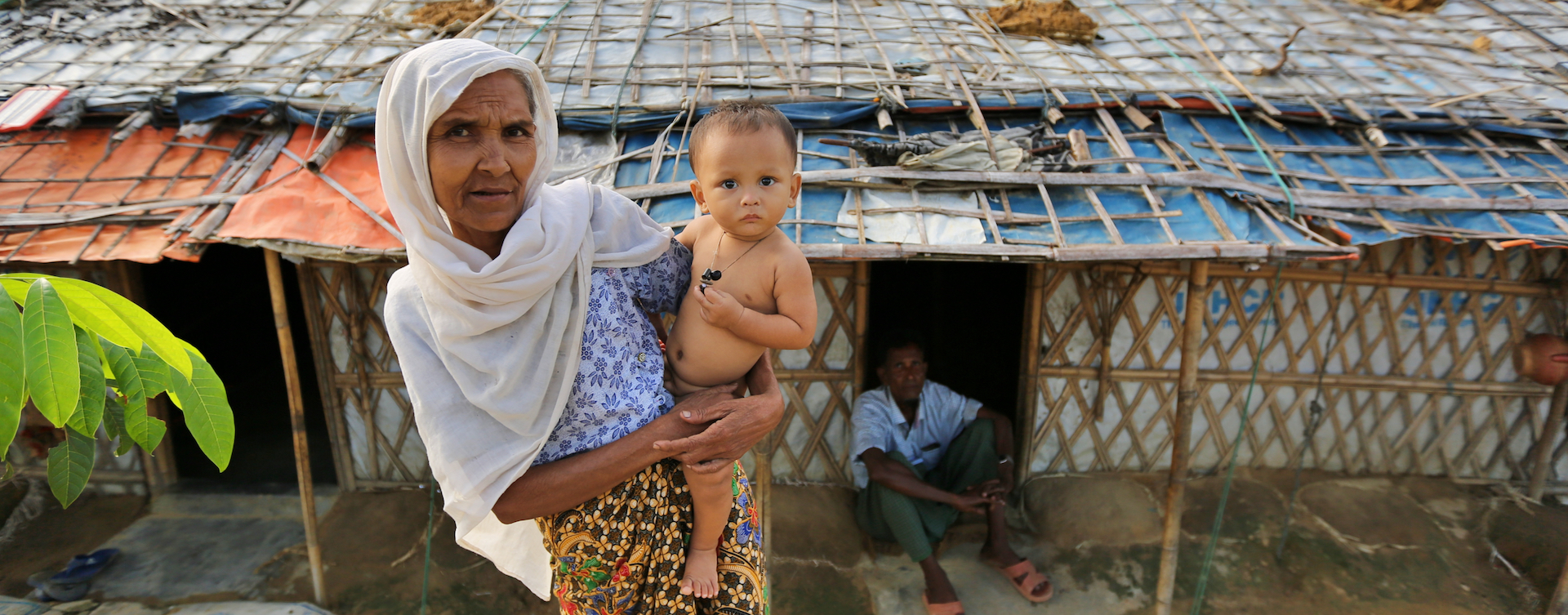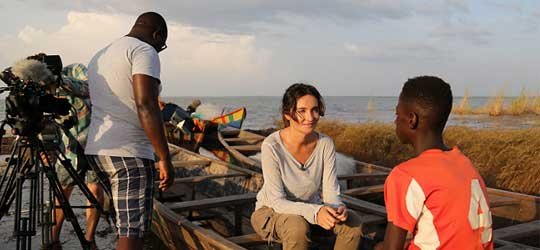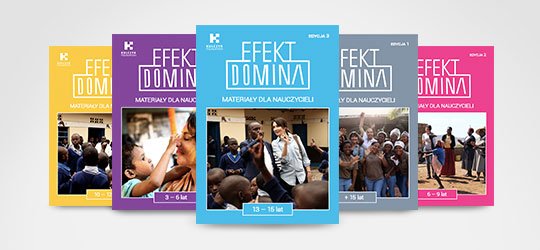COUNTRY/PROBLEM
The Rohingya is an ethnic group that used to inhabit the state of Rakhine on the east coast of Myanmar (formerly Burma). For decades the group suffered from persecution, which has forced them to flee to neighbouring Bangladesh. The Rohingya are considered to be the most persecuted ethnic minority in the world by the United Nations.
In Myanmar, the Rohingya did not have any civil rights, including the right to education and work. The Burmese healthcare system did not cover them either. They also struggled with various limitations in free movement on a daily basis. The institutionalised system of segregating and discriminating against Muslim communities in Rakhine led to widespread attacks on these minority groups. This persecution culminated in August 2017, when more than 700,000 Rohingya fled from the Burmese army to take refuge in the Cox's Bazar region in Bangladesh, where they joined those who had fled earlier. As a result, the world's largest refugee camp was created near Cox's Bazar, in which over a million people today live in makeshift tents.
The Rohingya living in the camp need medical care which they did not have access to in Myanmar. The camp living conditions favour the development and transmission of diseases: an example of this is the diphtheria outbreak, a disease long forgotten elsewhere, in November 2017. Women and children, often suffering from malnutrition, are a particularly vulnerable group. Many Rohingya women suffer from obstetric fistula – a perinatal complication that often results in neonatal death and maternal health problems.
Despite the high level of trauma that the Rohingya experienced in Myanmar, few have access to mental health support. Some of them suffer from post-traumatic stress disorder and others experience high levels of stress when living in a camp, which all leads to an increasing number of people suffering from depression and anxiety disorders.
ORGANISATION
HOPE Foundation for Women & Children of Bangladesh (HOPE Foundation) was founded in 1999 by Dr. Iftikher Mahmood in order to provide medical care to pregnant women and children living in Cox's Bazaar. The organisation has been supporting the Rohingya from the very beginning of the present phase of the humanitarian crisis in Bangladesh. Thanks to the creation of a comprehensive medical assistance system which includes a hospital, a network of clinics, and medical transport, the HOPE Foundation has already helped thousands of patients.
PROJECTS
The cooperation between Kulczyk Foundation and HOPE Foundation began in 2017, when we supported the construction of a field hospital. At that time, 22 hospital tents were constructed, supplied with modern medical equipment allowing for professional healthcare for women and children. Link to the project.
In addition, since 2019, we have been supporting the activities of the HOPE Foundation aimed to improve the mental health of Rohingya women and children living in the Cox's Bazar region. Thanks to this cooperation, women and children living in the refugee camp have easier access to free psychological care and information on mental health in HOPE Foundation facilities. Women suffering from postnatal depression have priority in receiving treatment.
In 2019, we also started cooperation on another HOPE Foundation project: the construction of the HOPE Maternity & Fistula Center hospital, a centre for obstetrics and fistula treatment. This facility will provide permanent perinatal care to many women in need. Additionally, it will specialise in operations on postpartum complications, such as an obstetric fistula, and the doctors will receive training in the appropriate treatment of this condition.





